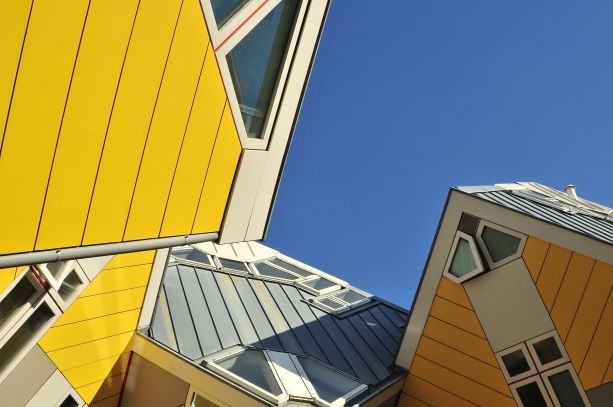
Changes to cladding laws
Changes to the Environmental Planning and Assessment Amendment (Identification of Buildings with Combustible Cladding) Regulation 2018 commence on 22 October 2018.
This new legislation requires that owners of certain types of buildings must check for external combustible cladding and register affected buildings.
These new laws apply to both new and existing buildings.
Cladding types
External combustible cladding means:
- any cladding or cladding system comprising metal composite panels, including aluminium, zinc and copper, that is applied to any of the building’s external walls or to any other external area of the building, or
- any insulated cladding system, including a system comprising polystyrene, polyurethane or polyisocyanurate, that is applied to any of the building’s external walls or to any other external area of the building
Buildings Affected
- Residential apartment (including strata) buildings;
- Buildings where unrelated people sleep for example hostels, hotels, boarding houses, backpackers, student accommodation;
- Aged-care buildings, hospitals and day surgeries; and
- Many Public buildings including Churches, Schools.
Owners must register their buildings if any of the above are identified to have external combustible cladding through an online process:
https://www.planning.nsw.gov.au/Policy-and-Legislation/Buildings/Combustible-cladding
A person who fails to register buildings is liable for a fine of $1,500 ($3,000 for companies).
The fine can be doubled if the person or company does not register their building after being directed to do so by the relevant authority.
A register of buildings that contain external combustible cladding will be maintained by the Department of Planning.
To discuss whether you might be impacted give our Property Lawyers a call.
